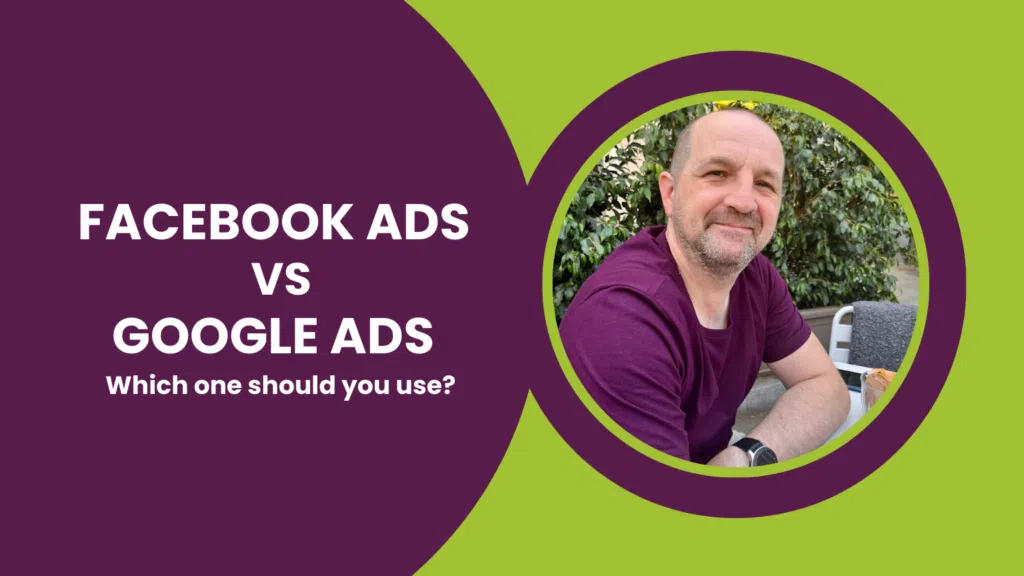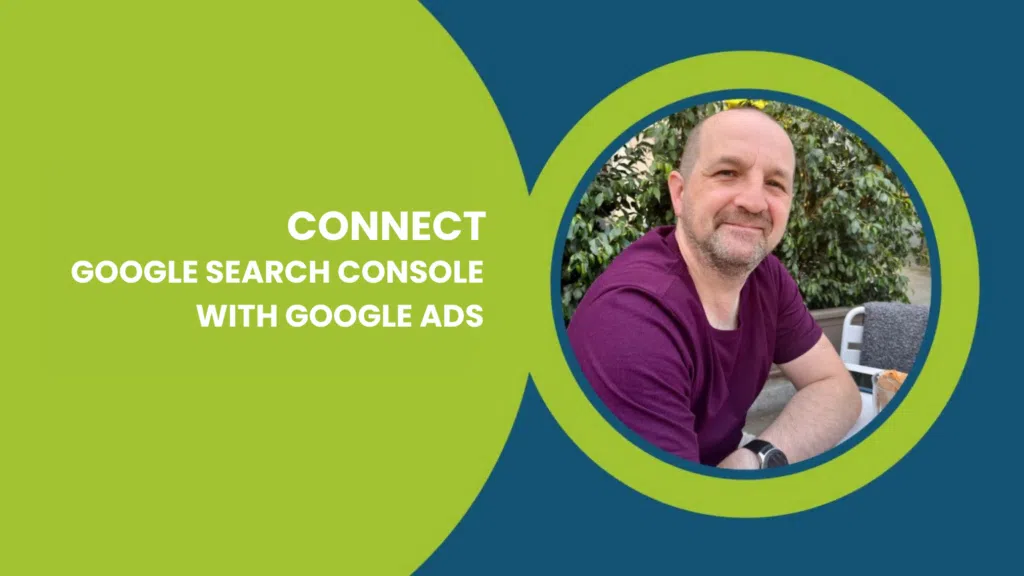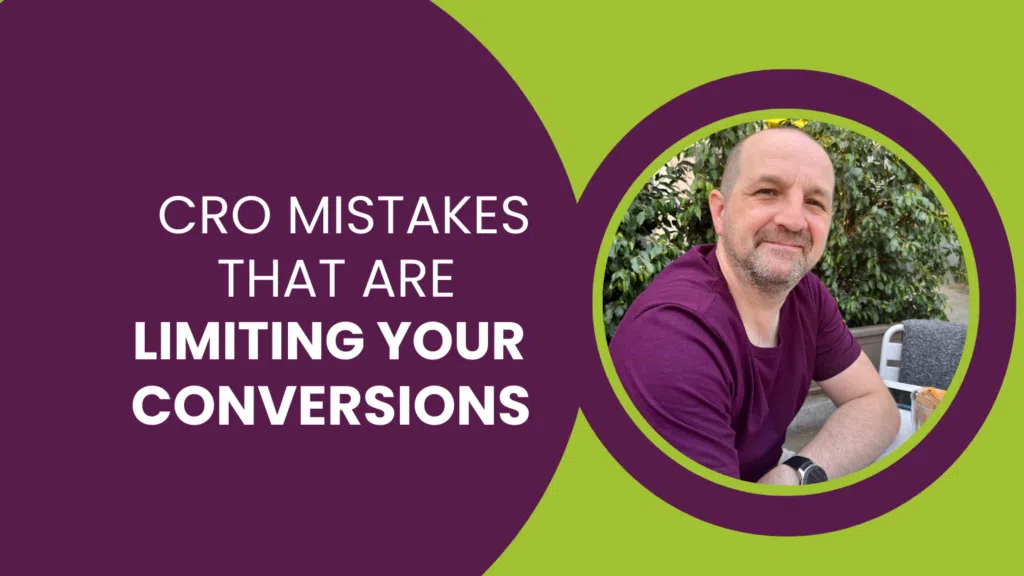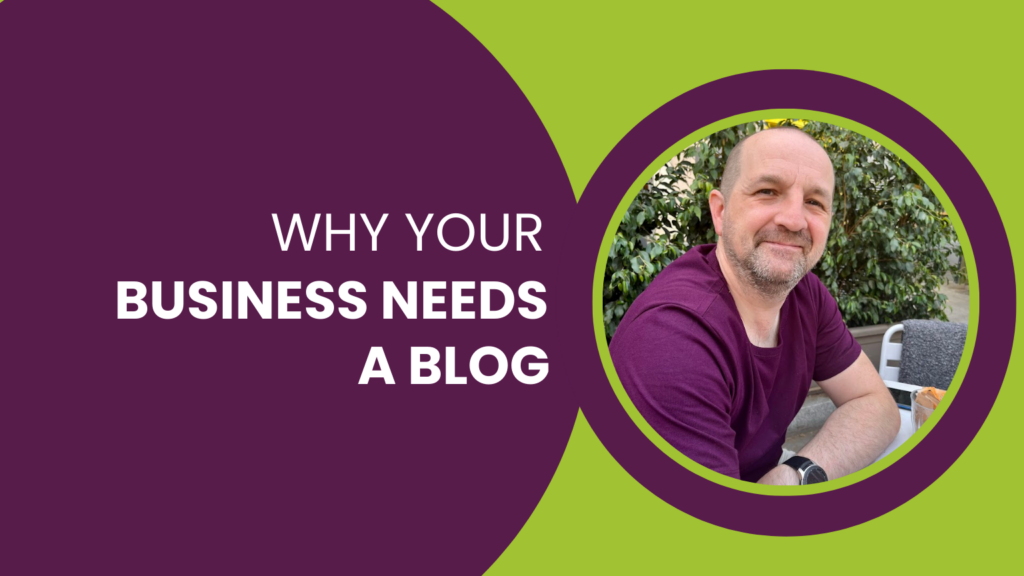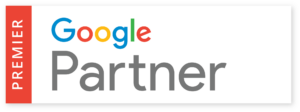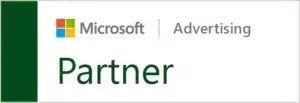In the dynamic realm of digital advertising, the clash between Facebook Ads and Google Ads is a perennial debate. Each platform caters to diverse businesses, offering unique advantages and drawbacks. Let’s delve into the intricacies to determine which advertising giant aligns best with your objectives.
When to use Google AdWords
The market-leading pay-per-click product for many years, Google AdWords Search ads put an advertiser’s business or product in front of an audience right when they’re searching.
Unlike Facebook Ads, Google Search Ads are shown in direct response to a customer’s need. They need a local car repair company, ads are shown for that query. Searches for wedding planners show ads for wedding planners. Searches for products show relevant product ads.
These ads are much more welcome, create a much greater click-through rate than Facebook Ads and almost always produce a better conversion rate and a lower cost per lead or cost per sale. Why? Because customers searching for what they need right now are more likely to buy than customers who are interrupted by an offer, no matter how compelling.
When to use Facebook Ads
Facebook Ads are shown in the Facebook news feed, in the sidebar on desktop devices and alongside content or within apps across Facebook’s network. Targeting options are many and varied, suitable for targeting huge, broad audience campaigns, but also awesome for local businesses targeting local customers with niche interests.
For businesses marketing events, Facebook’s local targeting options combined with interests present a powerful opportunity to create awareness and interest in those events. Advertisers looking to increase trust and confidence in their brand or product can also create niche, interest-targeted campaigns to gain engagement, fans and traffic.
With Facebook’s lead cards, Facebook can be a powerful channel for capturing leads – names, phone numbers and email addresses which can be followed up with email marketing messages or phone calls. But these are ALL interruption strategies.
The targeting options are, without doubt, among the most comprehensive of any digital platform, but advertisers are still interrupting an audience that didn’t ask for the ads. Creating a campaign with a great response is tough and achieving direct sales with Facebook Ads is rarely a successful strategy. However, the right CRM for Facebook can help you better understand and refine your advertising efforts for improved results.
What are the differences between Google Ads and Facebook ads?
Here are some key differences between the two:
Platform and Intent:
Google Ads: It operates on the Google Search Network and the Google Display Network. Ads are displayed based on search queries and keywords, making it intent-based advertising. Users actively search for information or solutions.
Facebook Ads: It operates on the Facebook platform, including Instagram. Ads are shown to users based on their demographics, interests, and behaviours. It is more about reaching a target audience regardless of their immediate search intent.
AdFormats:
Google Ads: Mainly text-based ads for search campaigns (though there are also display ads). Ad formats include text ads, display ads, video ads, shopping ads, and app promotion ads.
Facebook Ads: Supports a variety of media-rich ad formats, including image ads, video ads, carousel ads, slideshow ads, and more. It provides a more visually engaging experience.
Targeting Options:
Google Ads: Primarily based on keywords and search intent. You can target users based on what they are actively searching for.
Facebook Ads: Offers detailed targeting based on demographics,
interests, behaviours, and user interactions on the platform. It allows advertisers to define a highly specific target audience.
Ad Placement:
Google Ads: Appears on search engine results pages (SERPs) and across the Google Display Network (GDN) on various websites.
Facebook Ads: Appears in the Facebook News Feed, Instagram, Audience Network, and other Facebook-owned properties.
Cost Structure:
Google Ads: Works on a pay-per-click (PPC) model, where advertisers pay when someone clicks on their ad.
Facebook Ads: Uses a variety of pricing models, including cost-per-click (CPC), cost-per-thousand-impressions (CPM), and cost-per-action (CPA).
Conversion Tracking:
Google Ads: Offers robust conversion tracking, especially for e-commerce and lead generation. Can track conversions from ad clicks.
Facebook Ads: Provides conversion tracking capabilities, allowing advertisers to measure specific actions taken by users after clicking on an ad.
User Intent:
Google Ads: Targets users with high intent, as they are actively searching for something. It’s often used for capturing users in the consideration or decision-making stage of the buying process.
Facebook Ads: Targets users based on their interests and behaviours, aiming to create awareness and generate interest. It’s effective for reaching users in the awareness or consideration stage.
What are the strengths & advantages of Google Ads?
Intent-Based Targeting:
Google Ads excels in intent-based targeting, reaching users actively searching for specific products, services, or information. This high level of user intent makes it an effective platform for capturing potential customers in the consideration or decision-making stage.
Wide Network Reach:
Operating on the Google Search Network and Google Display Network, Google Ads offers a vast reach across search engine results pages (SERPs) and various websites. This extensive network enables advertisers to connect with a diverse audience and maximise their campaign’s exposure.
Performance Tracking and Analytics:
Google Ads provides robust analytics tools for tracking the performance of ad campaigns. Advertisers can measure key metrics such as clicks, impressions, conversions, and return on investment (ROI). This data-driven approach allows for continuous optimisation, ensuring campaigns are effective and efficient.
What are the strengths & advantages of Facebook ads?
Extensive Audience Targeting:
Facebook’s advanced targeting options based on demographics, interests, behaviours, and user interactions differentiate it. Advertisers can create highly specific target audiences, making it particularly effective for reaching users based on their social interactions and preferences.
Visual and Engaging Ad Formats:
The visually rich ad formats on Facebook, including image ads, video ads, carousel ads, and slideshow ads, set it apart. These engaging formats are well-suited for capturing attention within the social environment, providing a different approach compared to the text-based and display-oriented formats of Google Ads.
Social Proof and Trust Building:
Facebook’s emphasis on social interactions, such as likes, comments, and shares, contributes to social proof and trust building for brands. The ability for users to engage with ads and share their experiences creates a social environment that fosters credibility, a feature not as prominent in Google Ads
What are the similarities between Google Ads and Facebook ads?
Advanced Targeting Options:
Both Facebook Ads and Google Ads provide advertisers with advanced targeting options. Advertisers can define their target audience based on factors such as demographics, interests, and behaviours. This allows for precise audience segmentation to reach the most relevant users.
Performance Tracking and Analytics:
Both platforms offer robust tools for tracking the performance of ad campaigns. Advertisers can monitor key metrics such as clicks, impressions, and conversions. Analyzing these metrics helps advertisers assess the effectiveness of their campaigns and make data-driven decisions for optimisation.
Mobile Advertising Capabilities:
Both Facebook Ads and Google Ads are optimized for mobile advertising. Advertisers can create campaigns specifically tailored to users on smartphones and tablets, considering the increasing prevalence of mobile device usage among consumers.
Choosing Between Google Ads and Facebook Ads: Which Platform is Right for You?
Choosing between Google Ads and Facebook Ads hinges on your specific marketing objectives and target audience. Google Ads is ideal for businesses seeking to capture users actively searching for products or services, leveraging intent-based targeting on the search engine results pages.
In contrast, Facebook Ads excels in visually rich and engaging content, making it a powerful tool for building brand awareness and reaching audiences based on demographics and interests within the social context.
If your focus is on immediate conversions and precise keyword targeting, Google Ads may be the preferred choice, whereas Facebook Ads offers a visually appealing platform for broader audience engagement and brand building.
Many businesses find success in utilising both platforms strategically, creating a well-rounded digital marketing approach that caters to different stages of the customer journey. Ultimately, the decision depends on your unique business goals, budget considerations, and the nature of your products or services

